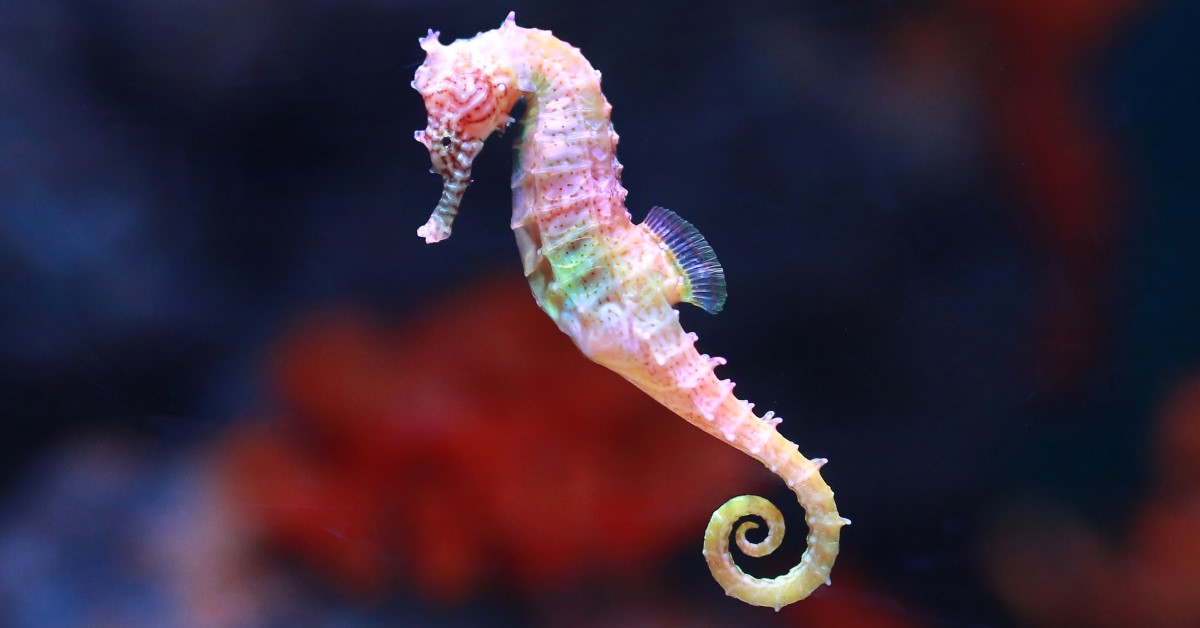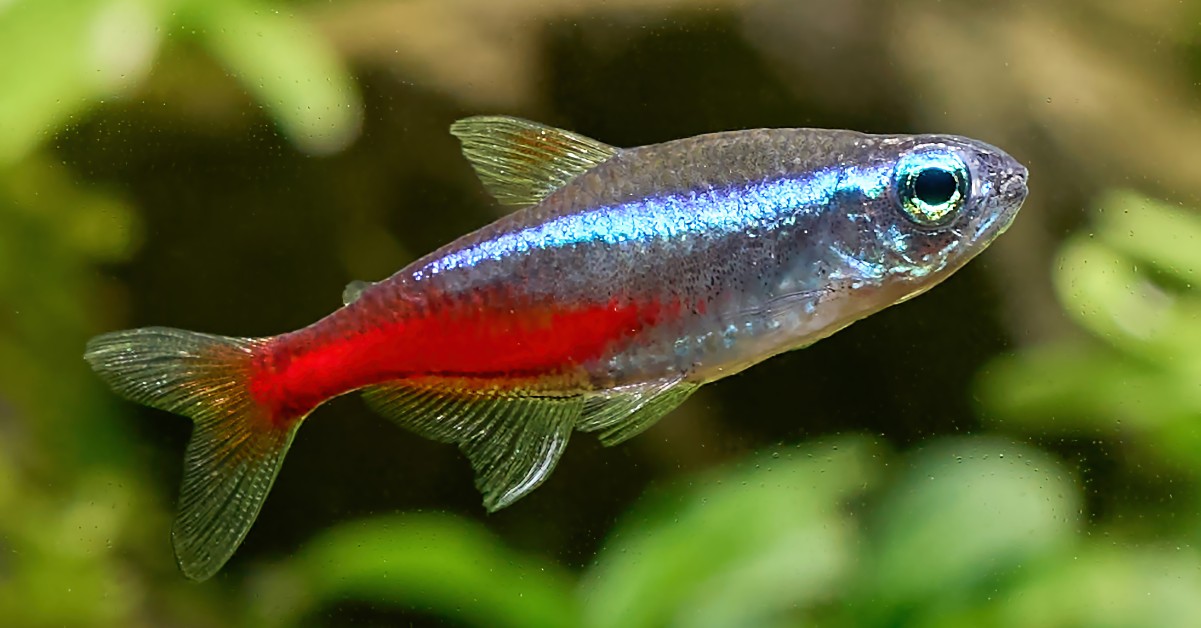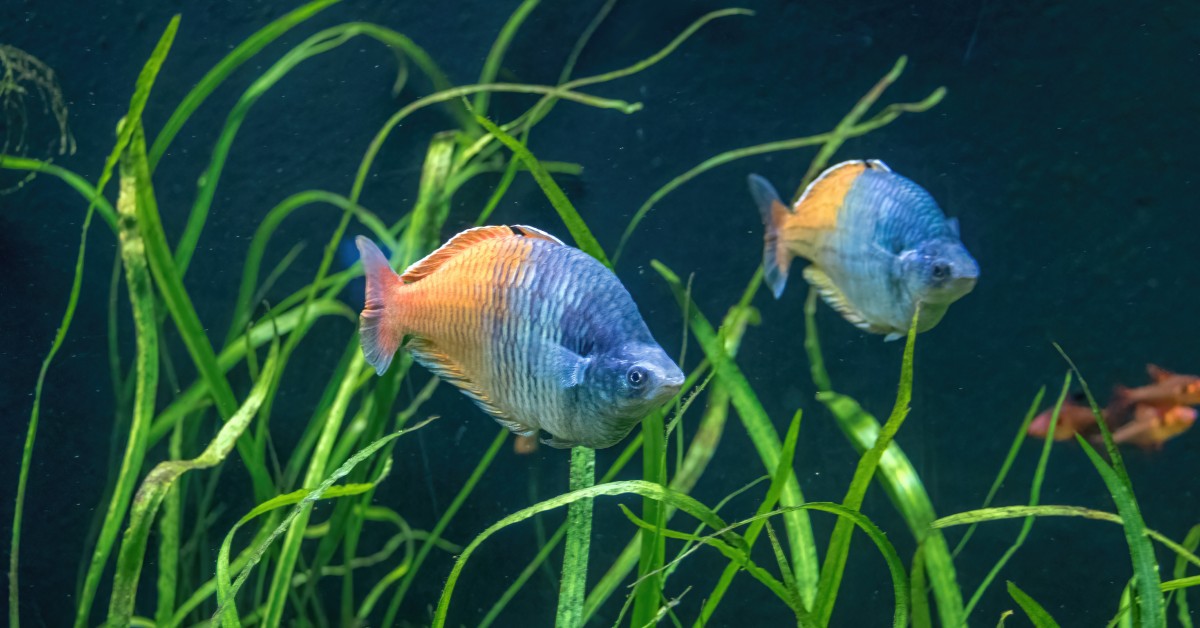Do Seahorses Make Good Pets?
The seahorse is a wonderful pet for those willing to provide the right feeding, habitat, and tankmates to keep the seahorse happy and healthy for years.

Bringing part of the ocean into your home can be a rewarding experience. Not only is the ocean soothing and beautiful, but owning a specialized creature, like a seahorse, allows you to own unique and exciting animals. Owning a seahorse is a rewarding experience, but owners must make sure they are ready to sign up for the specialized care and feeding requirements these delicate animals need to survive. Let’s carefully examine the many pros and cons of owning a seahorse to determine if this animal makes a good pet.
Benefits of Owning a Seahorse
There are several wonderful benefits associated with owning this unique and captivating animal. Seahorses can be wonderfully interactive and exciting to watch, making them an ideal pet for the right owner. Other benefits of owning a seahorse include:
Hypoallergenic Pet Option
Those seeking a pet but who suffer from traditional pet allergies will be happy to learn that seahorses offer a hypoallergenic pet option. This animal lives its entire life in an aquarium and is free of fur and dander. Owners often form lasting bonds with their seahorses, just as they would with a furry pet companion. Plus, the self-contained aquarium is easy to keep clean and requires only a tiny footprint in your home.
Captive Bred
Many people are shocked to learn that several ocean fish and corals are taken directly from the wild. Recent breeding advances and programs have made it possible to breed seahorses in captivity. Several captive-bred breeds are available, offering an excellent solution for people who want to own a piece of the reef without disturbing it.
Small Habitat
Seahorses need relatively little space compared to other oceanic fish people keep in the pet hobby. This small animal is happy to live in an aquarium of just 30 gallons. The seahorse is not a powerful swimmer, so it doesn’t need large expanses of space. It is only essential to ensure that your seahorse has enough vertical height to float and feed.
Unique Learning Opportunity
Owning a seahorse is a rare and unique learning opportunity for your immediate family and friends who come to visit your home. Not many people can say they own a seahorse. Showing your unique pet to friends is the perfect opportunity to teach others about ocean habitats and the many animals that make wonderful pets.
Downsides to Owning a Seahorse
Although the seahorse is a wildly fascinating and unique pet, it is not without its downsides. This animal needs highly specialized care and is not recommended for first-time pet owners. Failure to maintain absolute perfect water could result in the demise of your seahorse.
Frequent Feedings
Unlike cats and dogs, the seahorse has a unique digestive tract that lacks a stomach to store food as it digests, providing minerals and nutrients to the seahorse. Because the food you feed your seahorse goes straight from the mouth to the intestines, it is essential to feed this small animal multiple times a day. To keep your seahorse healthy, expect to feed your seahorse about four times throughout the day.
Further, seahorses like specialized meaty foods that can be offered either live or frozen. Seahorses prefer brine shrimp or mysis shrimp for their main meal. Many of these specialized foods can be hard to find, and you must dedicate space in your home freezer to store your seahorse’s food. If your seahorse does not get a proper diet, chances are it will suffer a vitamin or mineral deficiency, leading to disease and death.
Heavy Filtration
Seahorses require very regular and constant feedings with meaty foods. These foods can quickly cause your tank’s water to deteriorate, making the nitrates and phosphates to spike. When these parameters are out of a suitable range, your seahorse’s tank water can become toxic for your pet. To combat the dirty water caused by frequent feedings, it is essential to have a heavy-duty filtration system to handle the increased bio-load. Often, these filtration systems can be large and expensive, resulting in additional equipment to run your fish tank successfully.
Limited Tank Mates
The seahorse is a beautiful animal, but it is not a strong swimmer. The seahorse only has small fins to propel it around the tank. This fact means that your pet may have difficulty getting to food and moving from place to place. If you house your seahorse with fast or aggressive fish, your seahorse may be outcompeted for food and eventually starve. There are very few fish that make suitable tankmates for a seahorse. Possible companions can include filefish, gobies, cardinalfish, and dartfish. Be sure to adjust your aquarium size for the number of seahorses and fish you plan to keep. More fish require more room to swim, and thus a larger aquarium.
Final Thoughts
Owning a seahorse requires extreme attention to water quality and frequent feedings to keep your pet seahorse safe and healthy. While this pet does not require a large aquarium, it does require specialized filtration systems. However, keeping a seahorse is a great option for several people. Not only is this animal hypoallergenic, fascinating to watch, and relatively long-lived, but it is available as a captive-bred pet as well. The seahorse makes a wonderful pet for those willing to dedicate an aquarium to seahorse care and give regular and frequent feedings.
Ready to start saving money on pet wellness care?
Then take a look at Mint Wellness, the pet wellness plan that provides fast reimbursement on routine pet care. Save on vaccinations, wellness exams, preventatives, dental, and more!
Learn More


